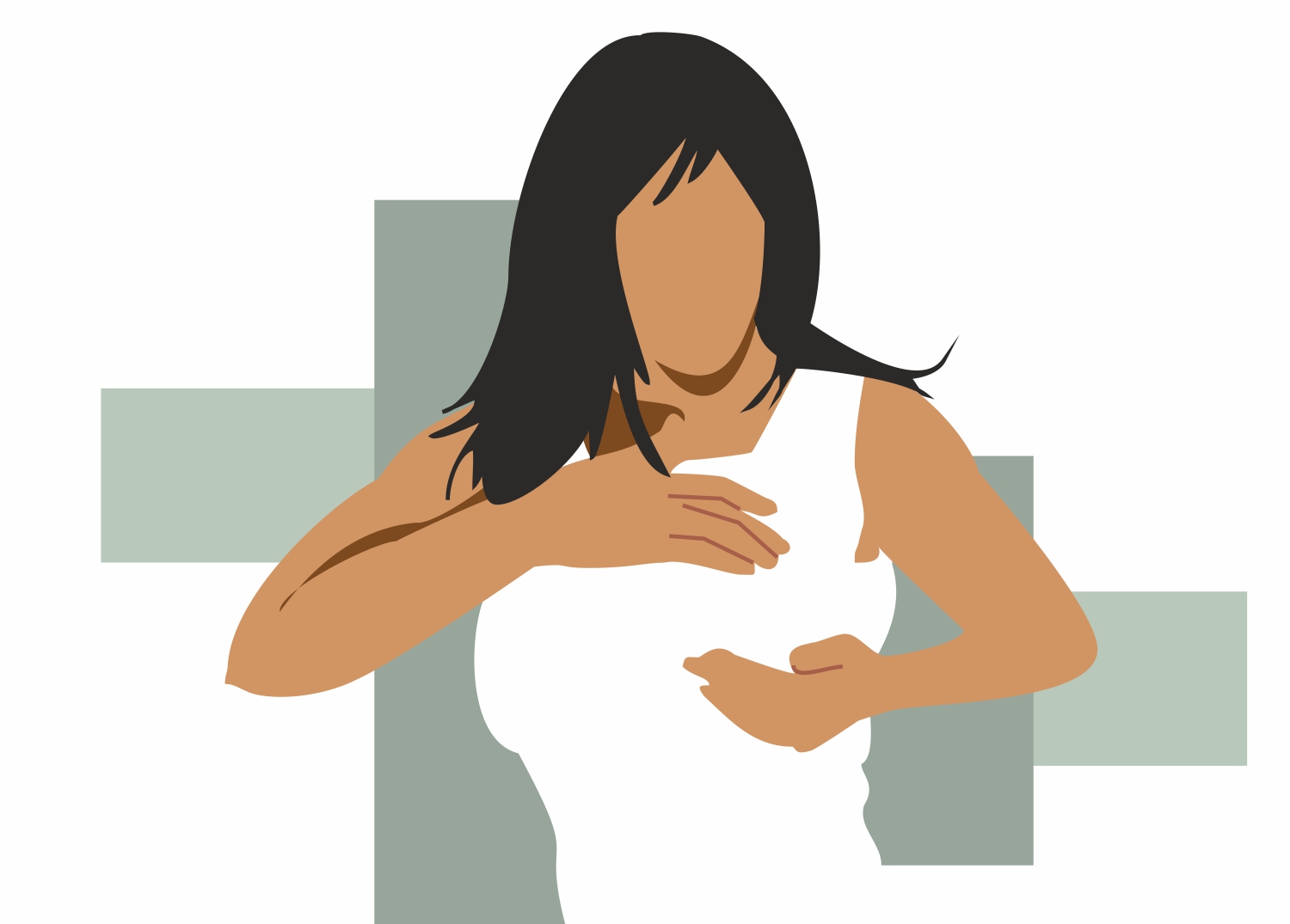What is breast engorgement?
Breast engorgement is breast swelling that results in painful, tender breasts. It’s caused by an increase in blood flow and milk supply in your breasts, and it occurs in the first days after childbirth.

Breast engorgement is breast swelling that results in painful, tender breasts. It’s caused by an increase in blood flow and milk supply in your breasts, and it occurs in the first days after childbirth.
Breast engorgement is the result of increased blood flow in your breasts in the days after the delivery of a baby. The increased blood flow helps your breasts make ample milk, but it can also cause pain and discomfort.
Milk production may not occur until three to five days postpartum. Engorgement may occur for the first time in the first week or two after delivery. It can also reoccur at any point if you continue to breastfeed.
The symptoms of breast engorgement will be different for each person. However, breasts that are engorged may feel:
For those who are breastfeeding, treatments for breast engorgement include:
You can’t prevent breast engorgement in the first days after giving birth. Until your body knows how to regulate your milk production, you may overproduce.
However, you can prevent later episodes of breast engorgement with these tips and techniques: